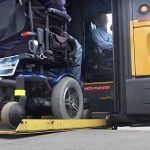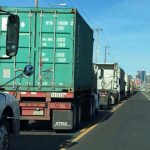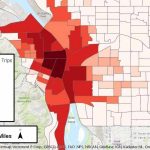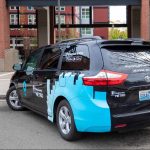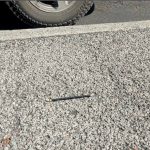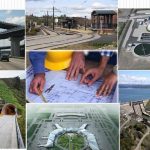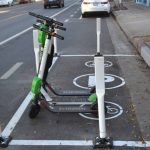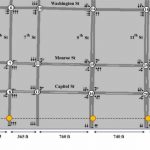Accessible Transportation Technologies Research Initiative Performance Metrics and Evaluation
|
Many agencies and companies are interested in developing technologies that will remove barriers to mobility and transportation for individuals with disabilities, but how can the success of such technologies be accurately evaluated? This project created a framework that the U.S. Department of Transportation’s Accessible Transportation Technologies Research Initiative (ATTRI) can use to develop evaluations of new technologies intended to improve mobility for people of all abilities. ... Read More about Accessible Transportation Technologies Research Initiative Performance Metrics and Evaluation | |

